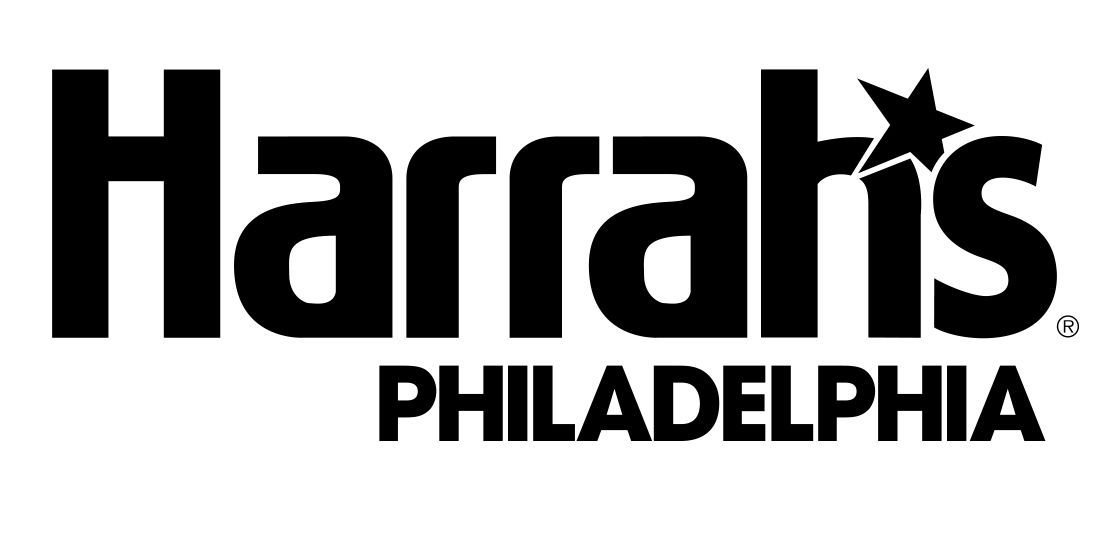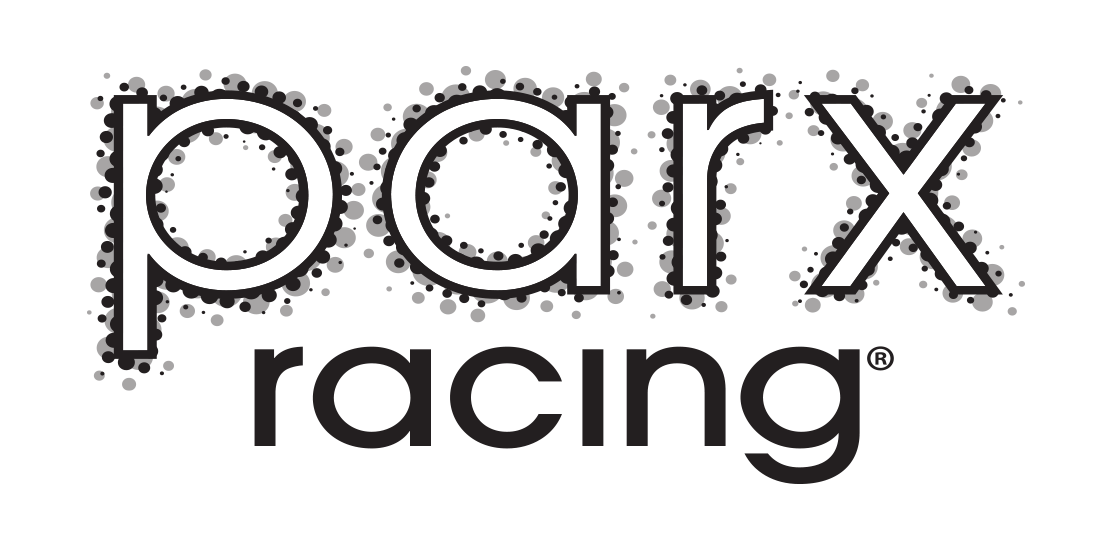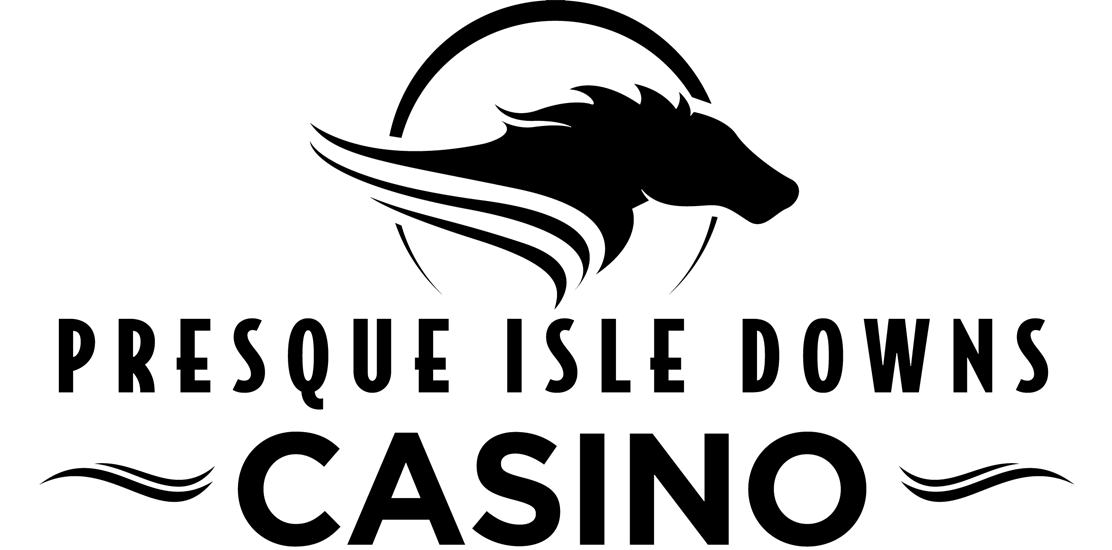This privacy notice discloses the privacy practices of the Pennsylvania Horse Racing Association (“PHRA”) and its website, as well as other websites owned and managed by the organization. This privacy notice applies to information collected by the organization and these websites, except where stated otherwise.
Who owns the information that the PHRA collects?
The PHRA is the sole owner of the information collected on this website. Your information will be shared with the PHRA stakeholders. It will not sell (transfer ownership), rent or trade this information.
What personal information does the PHRA collect from the people that visit its website?
When registering on the website, as appropriate, you may be asked to enter your name, address, email address and other information that the PHRA and/or its stakeholders may use to understand and communicate with its audience.
When does it collect information?
The PHRA collects information from you when you register on its website, subscribe to the VIP Racing Club, respond to surveys, fill out a form or enter information on the site. It also uses Google Analytics to gather information about interactions with its website and produce aggregate reports about its visitors.
How does it use your information?
The PHRA may use the information it collects from you when you register, sign up for the VIP Racing Club, respond to a survey or other communication, visit the website or use other site features, in the following ways:
- To improve the website
- To send periodic emails to you
- To follow up with you after correspondence (email or phone inquiries)
- To provide you with information on upcoming horse racing events and promotions
- To report on website traffic and activities to its current or future stakeholders
- To communicate with website visitors through digital advertising
How does it protect your information?
The PHRA’s primary website is hosted by Pantheon, a company based in San Francisco, California, which employs a number of security measures to protect the integrity of its web servers from intrusion. Portions of the PHRA’s website may also direct visitors to pages hosted by other companies or organizations. The privacy policies of these entities can be found on their websites.
Does the PHRA use cookies?
Yes. Cookies are small files that a site or its service provider transfers to your computer’s hard drive through your web browser (if you allow) that enables the site’s or service provider’s systems to recognize your browser and capture and remember certain information. For instance, the PHRA uses cookies to remember that you have logged into the website. It also uses cookies to help it compile aggregate data about site traffic and site interaction so that it can offer better site experiences and tools in the future. These cookies may also be utilized to help reach you and make you aware of upcoming events or issues through digital advertising.
You can choose to have your computer warn you each time a cookie is being sent, or you can choose to turn off all cookies. You do this through your browser settings. Because each browser is different, please look at your browser’s help menu to learn the correct way to modify your cookies.
What happens if users disable cookies in their browser?
If you turn cookies off, you will not be able to log into the website. This may prevent you from leaving comments on articles or sharing other forms of content. The majority of content on the PHRA’s website is available without logging in or accessing a user account.
Links
This website contains links to other sites. Please be aware that the PHRA is not responsible for the content or privacy practices of these linked sites. The PHRA encourages its users to be aware when they leave its website and to read the privacy statements of any other site that collects personally identifiable information.
California Online Privacy Protection Act (CalOPPA)
CalOPPA is the first state law in the nation to require commercial websites and online services to post a privacy policy. The law’s reach stretches well beyond California to require any person or company in the United States that operates websites collecting personally identifiable information from California consumers to post a privacy policy on its website, stating exactly the information being collected and those individuals or companies with whom it is being shared. Read more at: http://consumercal.org/california-online-privacy-protection-act-caloppa.
According to CalOPPA, the PHRA agrees to the following:
- Users can visit its website anonymously.
- Its privacy policy link includes the word ‘Privacy’ and can easily be found on the PHRA website.
- You will be notified of any privacy policy changes on the Privacy Policy page.
- Your personal information can be changed by logging into your account.
Children’s Online Privacy Protection Act (COPPA)
When it comes to the collection of personal information from children under the age of 13 years old, COPPA puts parents in control. The Federal Trade Commission, the United States’ consumer protection agency, enforces the COPPA Rule, which spells out what operators of websites and online services must do to protect children’s privacy and safety online.
Fair information practices
The Fair Information Practice Principles (FIPPS) form the backbone of privacy law in the United States, and the concepts they include have played a significant role in the development of data protection laws around the globe. Understanding the FIPPS and how they should be implemented is critical to compliancy with the various privacy laws that protect personal information.
To be in line with fair information practices, the PHRA will take the following responsive action, should a data breach occur:
If you have provided your email address, the PHRA will notify you via email within seven business days after it becomes aware of the breach — unless it is otherwise instructed by law enforcement during its investigation.
The PHRA agrees to the Individual Redress Principle, which requires that individuals have the right to legally pursue enforceable rights against data collectors and processors that fail to adhere to the law. This principle stipulates that, not only do individuals have enforceable rights against data users, but also that individuals have recourse to courts or government agencies to investigate and/or prosecute noncompliance by data processors.
The CAN-SPAM Act
The CAN-SPAM Act is a law that sets the rules for commercial email, establishes requirements for commercial messages, gives recipients the right to have emails stopped from being sent to them and spells out tough penalties for violations.
The PHRA collects your email address in order to send information and respond to inquiries and/or other requests.
To be in accordance with CAN-SPAM, the PHRA agrees to the following:
- Not use false or misleading subjects or email addresses
- Identify the message as an advertisement in some reasonable way
- Include the physical address of its business or site headquarters
- Monitor third-party email marketing services for compliance, if one is used
- Honor opt-out/unsubscribe requests quickly
- Allow users to unsubscribe by using the link at the bottom of each email
If, at any time, you would like to unsubscribe from receiving future emails, please contact the PHRA at WhatARide@pennhorseracing.com, and it will promptly remove you from all correspondence.
You may also follow the instructions at the bottom of any email you receive from the PHRA that has been sent through a bulk emailing service.
Contacting the PHRA
If there are any questions regarding this privacy policy, you may contact the PHRA at the following address:
The Pennsylvania Horse Racing Association
P.O. Box 201803
York, PA 17402


